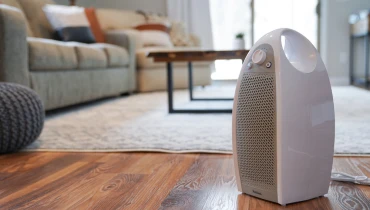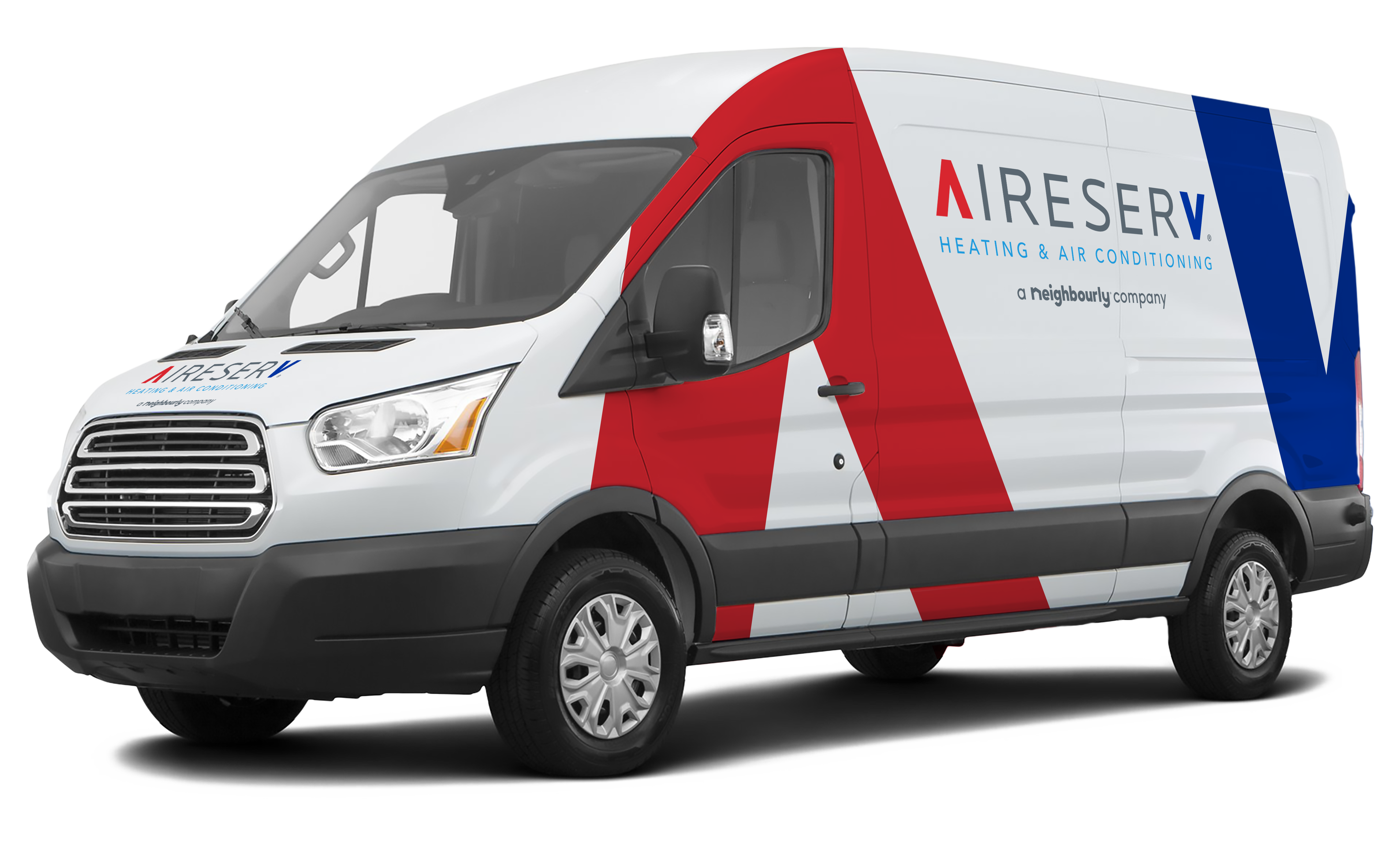
Love flowers, but not the allergies they bring? It might be time to invest in an air purifier. Even if you don’t have specific health needs, clean air is just another way to elevate the tidiness of your home. Air purifiers have multiple health benefits for you and your family. You don’t have to break the bank to get one, either.
Keep reading to figure out the best air purifier for your home!
What Is a Stand-alone Air Purifier?
Stand-alone air purifiers are portable units that you can easily set up around your home. Stand-alone air purifiers come in many shapes and sizes, but they all do the same thing: pull air in, filter out the bad stuff, and push out clean air. There is a wide range of air purifiers that clean different things out of your home’s air, including smoke, mould, bacteria, VOCs (volatile organic compounds), dust, viruses, pollen, and other allergens.
Although many factors might affect your respiratory health, an air purifier may help alleviate certain conditions.
What to Look for in an Air Purifier
There are five broad categories of air purifiers:
- High-Efficiency Particulate Air (HEPA) purifiers use a fine filter to capture 99.9% of airborne particles, including mould and bacteria.
Pros: Best at removing airborne particles.
Cons: Don’t remove gases or odours; filters should be replaced about once a year. - UV purifiers use ultraviolet light to kill bacteria and viruses that pass by.
Pros: Really good at destroying bacteria and viruses that pass by.
Cons: Require a filter system, as well, to remove airborne particles that might block UV effectiveness. - Activated carbon purifiers use special porous carbon to capture and remove chemical and smoke pollutants from the air.
Pros: Very good at removing common asthma irritants like chemical fumes like VOCs or smoke.
Cons: Less good at removing airborne particles. - Negative ion purifiers inject charged ions into the air that bond with airborne particles and stick them to nearby surfaces.
Pros: Temporarily reduce pollutants in the air.
Cons: Particles might eventually recirculate in the air. - Ozone purifiers effectively neutralize airborne odours and mildew.
Pros: Reduce odours in the home.
Cons: Use ozone, which might worsen asthma symptoms in the long term.
Air purifiers also come in different sizes. The larger the size, the bigger the space it can effectively clean. Choose a small model for rooms under 300 square feet, a medium model for rooms between 300 and 700 square feet, and a large model for bigger spaces.
What Is the Best Home Air Purifier?
Feeling overwhelmed? Let us break it down for you by your home’s needs:
- Best for allergens: HEPA filters are great at filtering pet dander and other allergens from the air and capture smaller particles, as well.
- Best for second-hand smoke: Activated carbon purifiers clean airborne smoke out of your home. Also good for homes heated by wood stoves or fireplaces.
- Best for immunocompromised individuals: UV air purifiers help keep anyone with a compromised immune system safe from viruses and bacteria.
Finally, it’s important to remember the limitations of an air purifier. Air purifiers can only clean airborne pollutants or allergens—they can't capture moisture that might cause mould, and they might not work as efficiently if you like to keep doors or windows open.
If you can’t seem to get rid of mould, try investing in a dehumidifier, as well. If allergens or pollutants are lodged in your carpet or upholstery, try cleaning and vacuuming those surfaces. Reduce any sources of air pollutants in your home where possible.
Choose Aire Serv for All Your Indoor Air Quality (IAQ) Needs
An air purifier is only one part of the indoor air quality improvement equation. Ready to take charge of the air you breathe at home or at the office? Call to speak with a member of our team or request an appointment online today!

